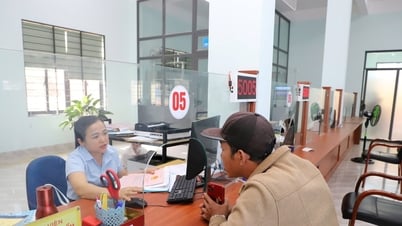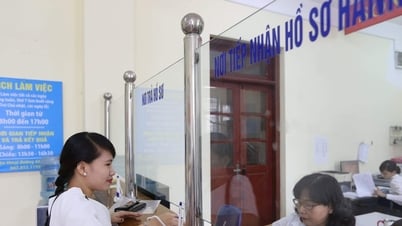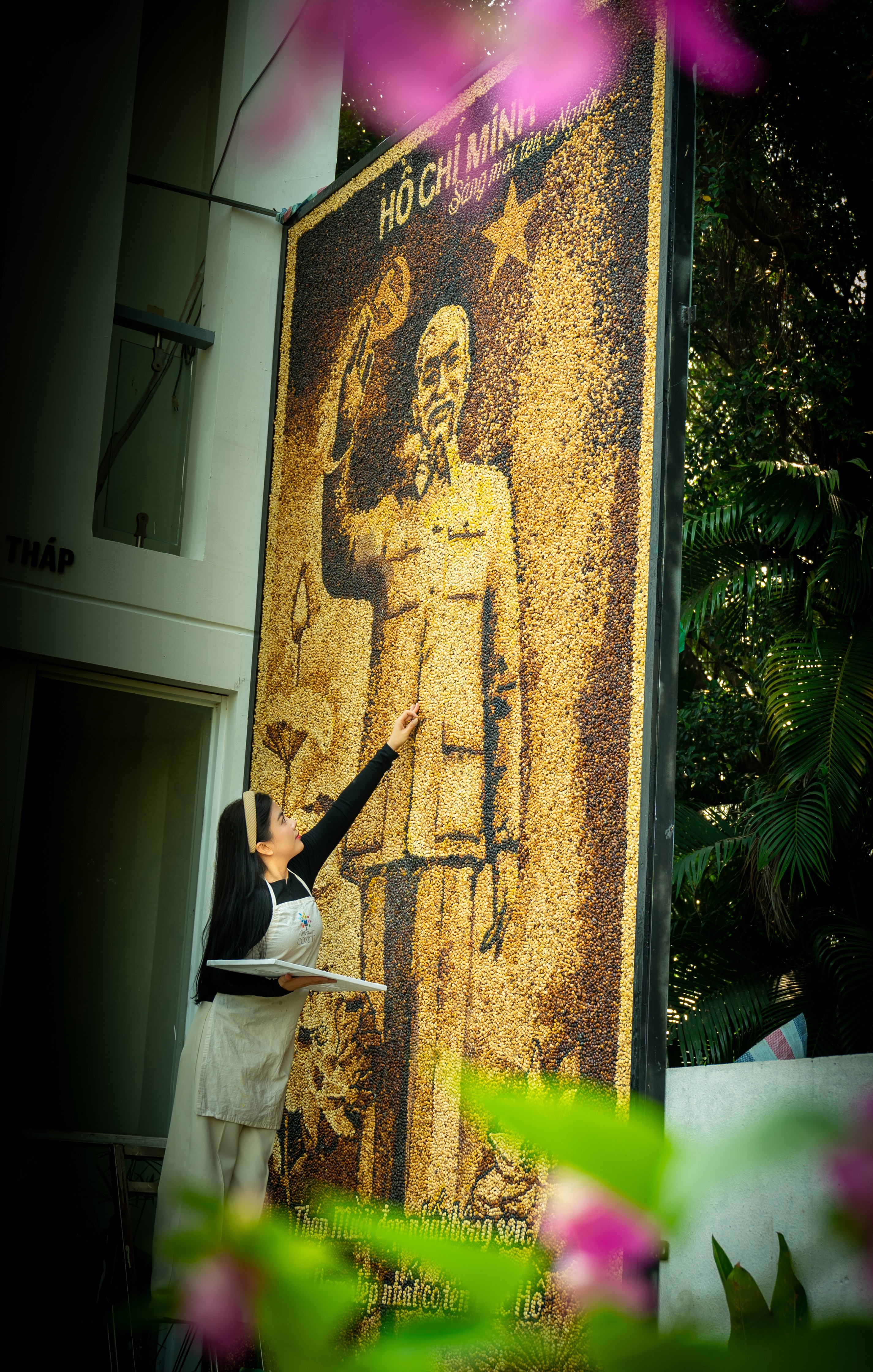In the current digital transformation (DCT), the status quo of "computerized soul, DT skin" still exists.
One of the current obstacles in the digital transformation process is the bottleneck in data interconnection (DEC), especially shared data. Computerization does not necessarily require DEC. But digital transformation cannot be done without DEC.
In digital government (along with digital economy and digital society, which are the three pillars of digital transformation), public administrative procedures must be digitized and operated on the internet. In fact, many places and sectors have basically completed the conversion from paper documents to electronic documents. However, electronic documents will be more effective when there is no LTDL (local to national level) as well as a lack of regulations as a legal basis (usually old regulations must be amended).
At this time, when having to go to local administrative agencies, hospitals, banks..., citizens will have access to electronic forms of documents such as birth certificates, marriage certificates, household registration books, health insurance cards... which has helped to resolve administrative procedures more conveniently and transparently. However, many citizens, even processing officers, are not satisfied with the process of implementing electronic documents. Two common problems are connection errors and the inability to use the LTDL smoothly. For example, when issuing a certificate of celibacy where the applicant has lived in many localities, processing officers often get stuck at the verification stage.
There are many obstacles that have been and are still needing to be resolved by the authorities. For example, with Circular No. 59/2021/TT-BCA dated May 15, 2021 of the Ministry of Public Security , ward and commune police have the right to collect, update, and edit information about citizens in the National Population Database. In theory, people do not have to go further, and even avoid the tiring task of returning to their original place of origin to verify and edit. However, in many places, the database system is not updated by the authorities.
According to experts, traditional administrative procedures on paper documents are not compatible with electronic procedures, requiring authorities to change. Even the software interface previously designed for computers is now not compatible with mobile devices with touch screens, or each public administration software provider has different procedures, often the interface. Every time the software is changed or even updated, errors are likely to occur, and even backup data is lost.
Digital transformation is a continuous journey, so relevant leading agencies must have a mechanism to regularly grasp, update, and closely follow the implementation at the grassroots level.
Source: https://nld.com.vn/tranh-hon-tin-hoc-hoa-da-chuyen-doi-so-19624032620293933.htm


























































































![[OCOP REVIEW] Tu Duyen Syrup - The essence of herbs from the mountains and forests of Nhu Thanh](https://vphoto.vietnam.vn/thumb/402x226/vietnam/resource/IMAGE/2025/6/5/58ca32fce4ec44039e444fbfae7e75ec)















Comment (0)